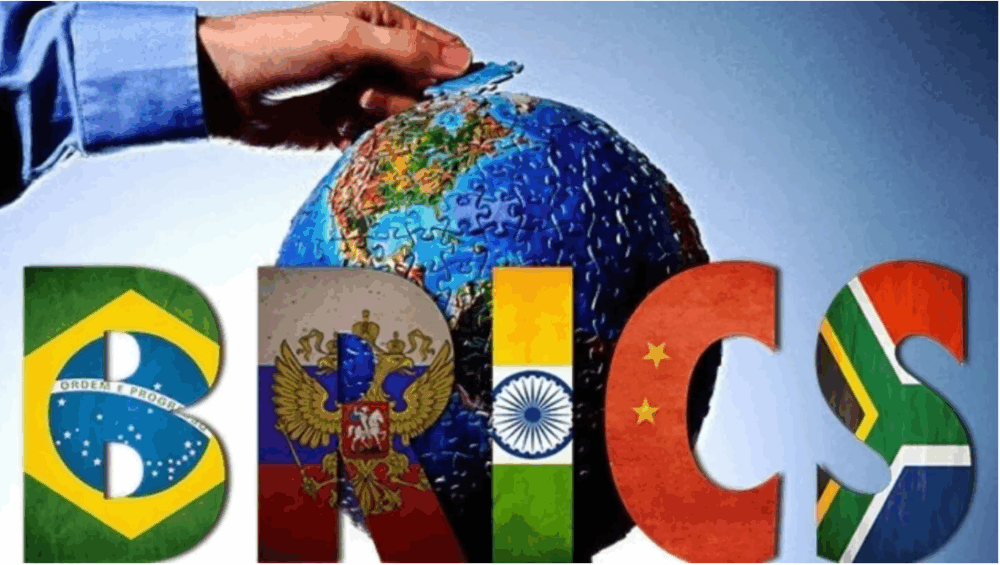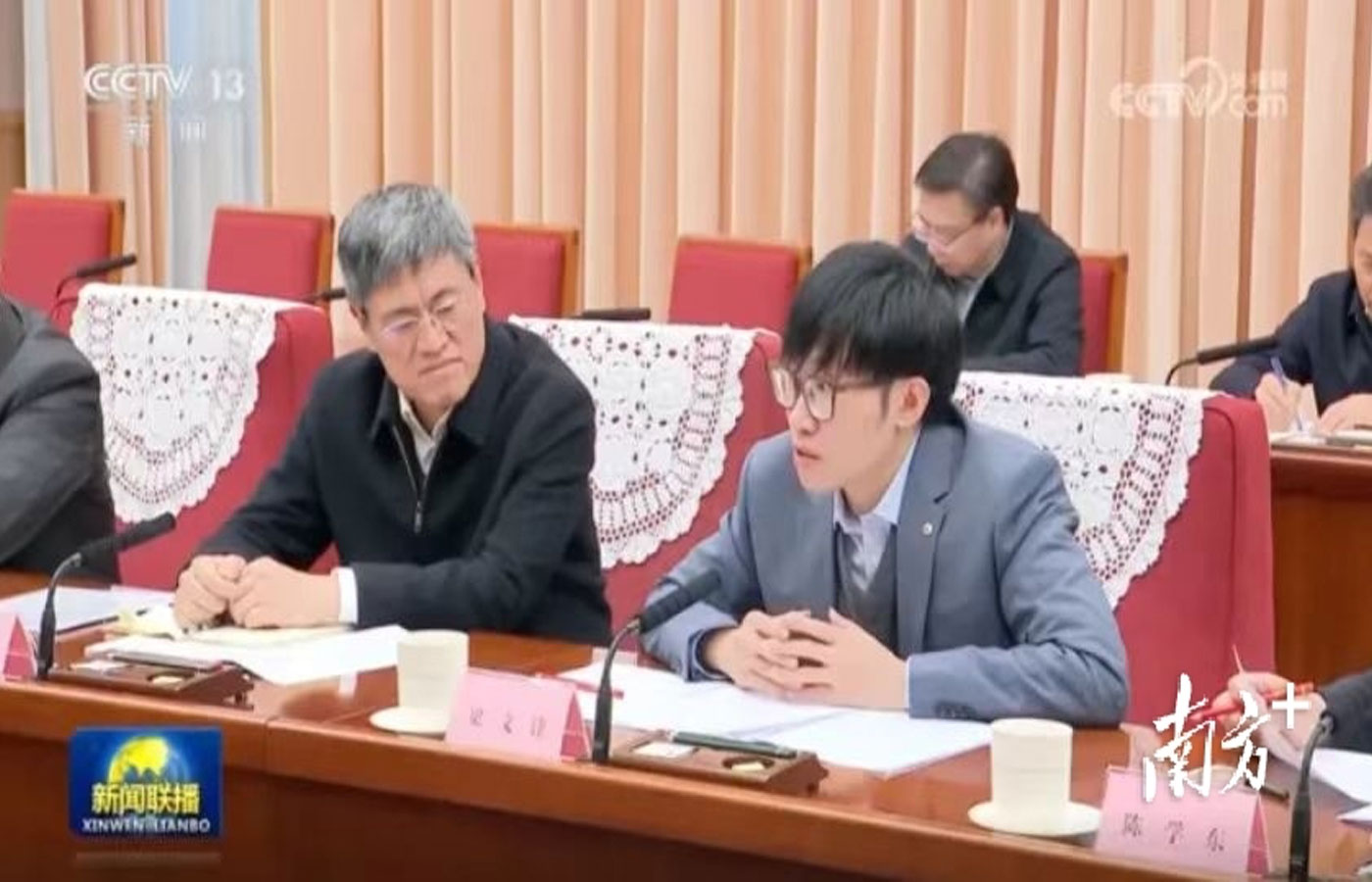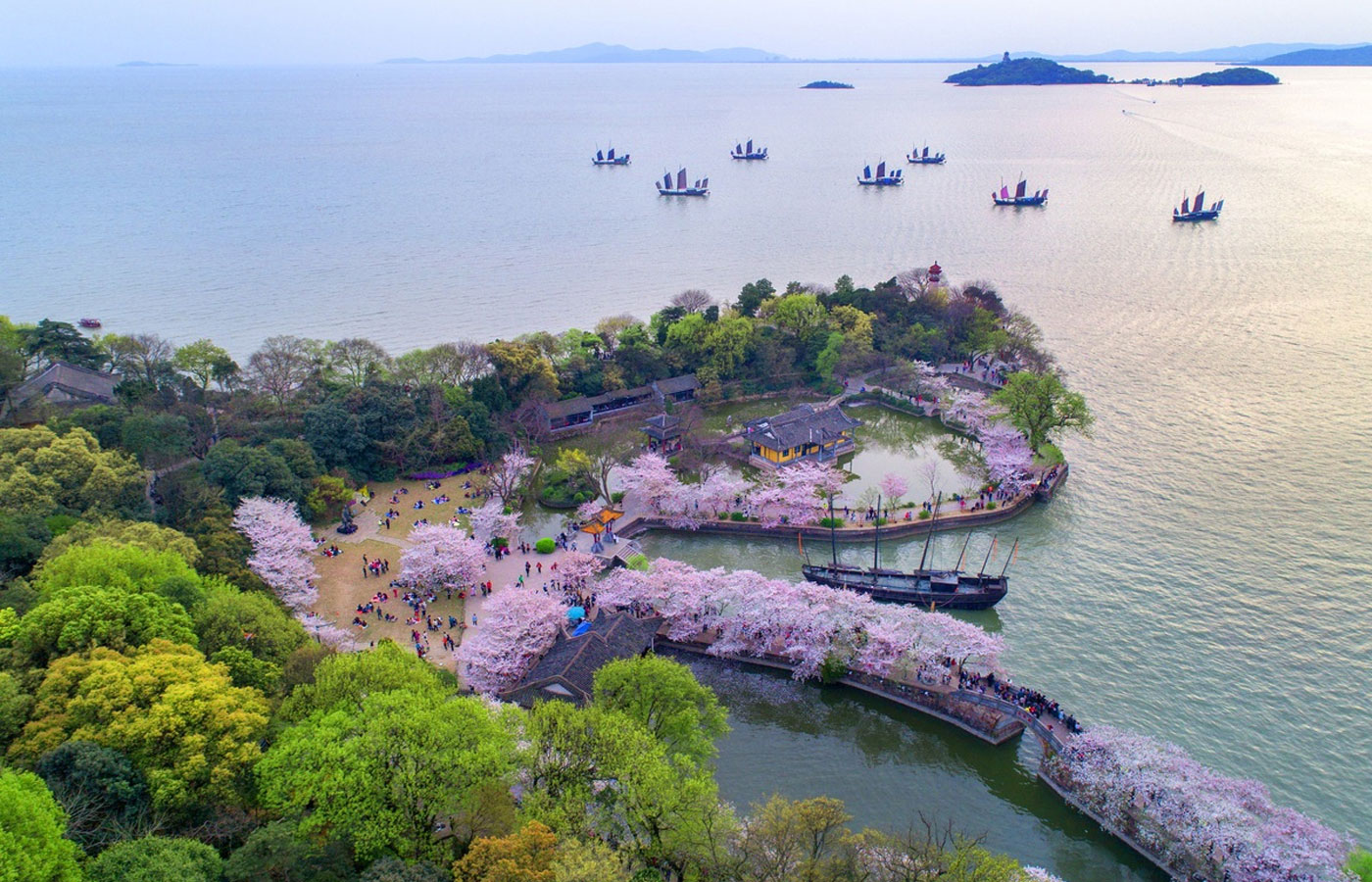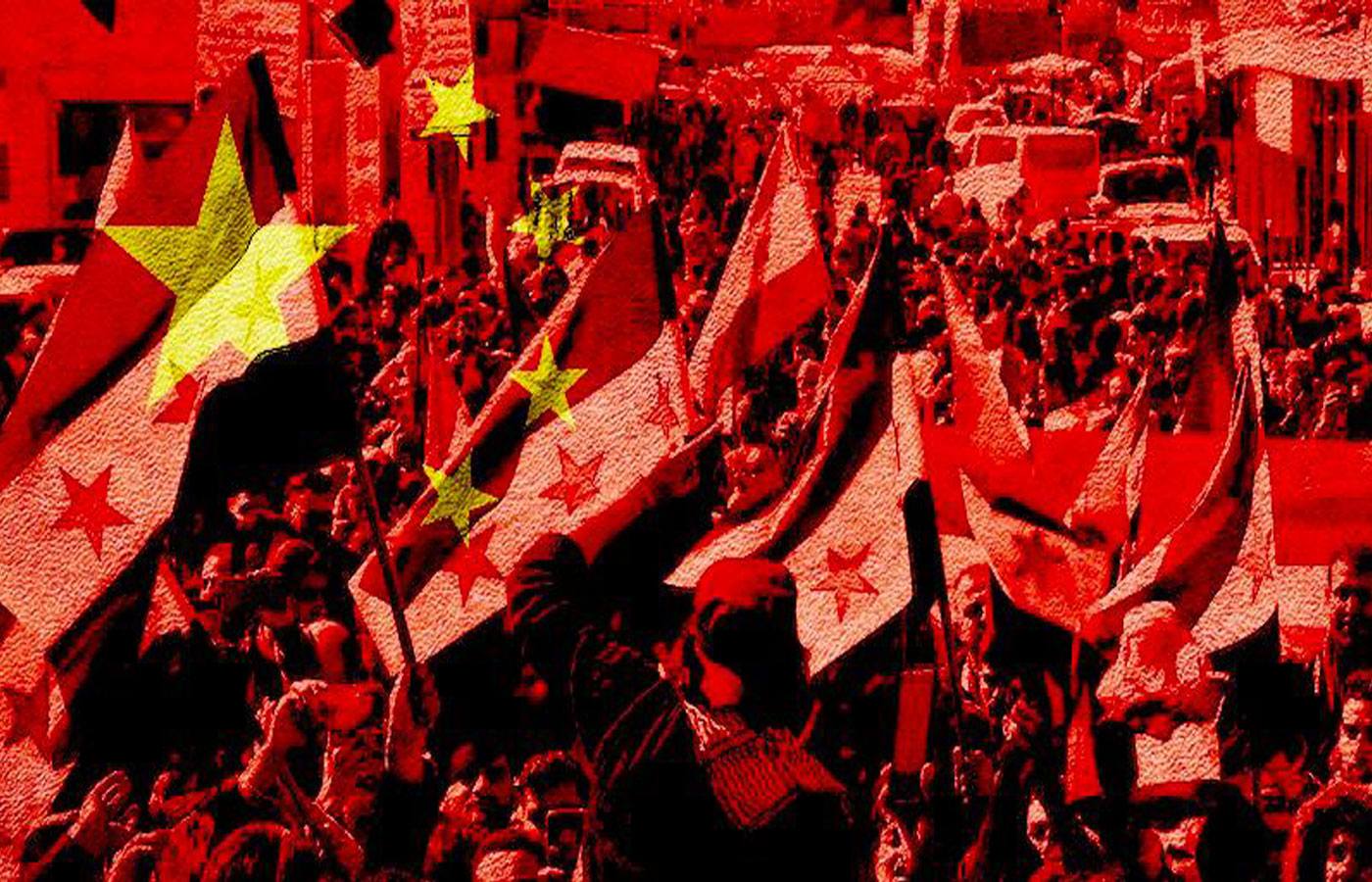Leaders in the march towards a new world order based on multipolarity and respect for international law, China and Russia have not failed to condemn Israeli-American crimes in Gaza.
However, these condemnations seem insufficient in a context where the peoples of the world are dismayed to witness unbridled Israeli-American sadism, aimed at obliterating the struggle of the Palestinian people – and, through them, of all peoples aspiring to liberate themselves from the American imperialist yoke.
In these conditions, the timid Chinese and Russian reactions do not seem to match the global repulsion aroused by the abominations that reach us from Gaza.
The stakes for Beijing and Moscow are high
Since the start of the Israeli invasion of Gaza on October 8, 2023, China and Russia have deferred to international law. With the exception of a few diplomatic initiatives aimed at fostering unity of purpose between the various Palestinian components or the countries of the region, Beijing and Moscow have limited their actions to the framework of the United Nations, thus demonstrating their attachment to international legality. Beijing and Moscow are thus indirectly supporting South Africa’s prosecution of Israel – in other words, of the Western sponsors of Israel’s crimes – before the International Court of Justice (ICJ), which falls under the jurisdiction of the UN.
The fact that China and Russia have not officially associated themselves with South Africa’s prosecution of Israel, however, allows us to draw several conclusions about the ulterior motives of these two great powers.
Logically, China and Russia have lost faith in international jurisdictions, which have never compromised the interests of the West, despite the latter’s thousand and one transgressions of international and humanitarian law. Yugoslavia, Iraq, Afghanistan, Syria, Libya… The examples are legion. By remaining aloof from, yet approving of, the legal proceedings brought against Israel, Beijing and Moscow are consecrating the cracks in the current world order, in which all decisions, including those emanating from the ICJ, depend on the UN Security Council, and thus on the American veto.
The two powers thus set themselves up as arbiters, not of the proceedings against Israel – a task that falls to the ICJ – but of the unipolar system that has prevailed since the Second World War, and particularly since the end of the Cold War. This retreat allows China and Russia not only to point out the dysfunctions of international jurisdictions, but also to insist on the need to build a fairer world order that puts an end to the impunity enjoyed by the Western minority to the detriment of the overwhelming global majority.
Beijing’s and Moscow’s decision not to officially join Pretoria’s moves also reflects a concern to spare Washington’s susceptibilities. By not cutting off commercial, economic and diplomatic exchanges with Israel, both Beijing and Moscow are taking care to avoid too abrupt a disintegration of the American empire, and thus prevent a head-on war with Washington. At a time when U.S. influence in the Middle East, Africa and Latin America is waning, and the Eurasian axis is consolidating, China and Russia want to avoid too abruptly wresting from Washington the entity that was, along with the U.S. dollar, its main tool of domination over the world: Israel.
The unspoken agenda of the collective West
For its part, the collective West is seeking to impose a different reading of events. Faced with the global panic caused by the unbearable suffering of the Palestinians, it has become customary to hear the Western media denounce the Israeli Prime Minister’s refusal to abide by the rules of international law. As if the individual Netanyahu were more powerful than all the world’s states combined, and the whole world were at the mercy of this man – a man portrayed as crazy and armed to the teeth.
These Western media machinations are a convenient way of clearing Israel’s sponsors in the eyes of world public opinion, and of keeping the door open to future negotiations between Washington, Beijing and Moscow.
Firstly, these anti-Netanyahu statements, which abound in the Western media, reflect a distortion of facts and history. You only have to look at the UN archives to realize that Israel’s trampling of international law is far from new. Thanks to Israel’s Western protectors, dozens of UN resolutions condemning the state of Israel, which has been above the law since its creation, have gone unheeded. It’s also worth remembering that the State of Israel and the UN – the body that created Israel in the first place – are almost the same age. This speaks volumes about the credibility of this organization, whose members have allowed the inextricable situation they created to degenerate into colonialism and replacement politics – at the very moment, it should be remembered, when decolonization movements were being born around the world.
Today, seventy-six years later, in view of U.S.-Israeli ambitions in the Middle East region, it’s legitimate to wonder whether the Israeli invasion of Gaza was more than just a consequence of October 7.
On September 29, 2023, a week before Operation Flood of al-Aqsa, U.S. National Security Advisor Jake Sullivan welcomed the fact that the Middle East region had never seen such a lull in violence for two decades. Three days earlier, however, the UN Office for the Coordination of Humanitarian Affairs (OCHA) reported that “So far in 2023, Israeli forces have killed 181 Palestinians in the West Bank or Israel, exceeding the yearly death toll by Israeli forces in the West Bank since 2005.” So were Jake Sullivan’s Kafkaesque words a smokescreen, a bluff? Was the ethnic cleansing underway in Gaza totally improvised, or were the United States and its Israeli ally trying to conceal the horrors to come, in order to surprise their adversaries?
A month later, during his trip to Israel to support Netanyahu, the French president had suggested mobilizing the international coalition already in place against the Islamic State to fight Hamas as well. Although this suggestion was immediately dismissed by Macron’s entourage, it was nonetheless expressed publicly. What was the objective? To threaten the members of the Axis of Resistance with a proliferation of terrorism in the Middle East if they didn’t stay out of the way of Israeli-Western operations against Gaza? If this was the objective, then Macron’s threats have not borne fruit, as evidenced by the involvement of Ansar Allah, Hezbollah and other regional factions of the Axis of Resistance in defending the Palestinians.
Have Beijing and Moscow taken the measure of the Palestinian drama?
By making constantly contradictory declarations, and setting unattainable war aims, the United States and Israel have so far revealed their intention to continue the ethnic cleansing in Gaza.
The contradictory statements made by the U.S. administration reveal, not only the White House’s embarrassment in the face of world opinion, but above all Washington’s strategic ambiguity vis-à-vis its geopolitical rivals. The United States claims to care about the lives of Palestinians, but continues to provide Israel with weapons and diplomatic and media protection. They refuse to authorize an Israeli incursion into Rafah, but allow carnage when the incursion takes place. They portray Netanyahu as an uncontrollable madman, but threaten any international court that deigns to indict him. Their war aim is to destroy Hamas, but they negotiate with Hamas. They propose a post-war plan with the
Palestinians, but want to choose their own interlocutors.
At the same time, Israel and its American ally have set themselves unattainable war aims: without the release of the Israeli hostages, there will be no ceasefire in Gaza. Does this mean that if the Israeli hostages are not released, Israel will be able to exterminate the entire Palestinian population? Haven’t there ever been hostage-takings in the world, and for much lesser reasons than national resistance to military occupation? Has France, for example, whose citizens have been kidnapped in Lebanon, Colombia and elsewhere, destroyed 80% of the countries concerned, displaced 90% of their populations, massacred their civilians by the tens of thousands, starved their inhabitants and destroyed their hospitals, schools and places of worship, in order to recover its hostages? Of course, French Algeria is excluded from this example.
There’s also another antiphon, according to which the Israelis don’t have a Palestinian interlocutor to make peace with. Let’s stop for a moment at Abu Ghraib, Guantanamo or Sde Teiman: if the captives in these torture centers had to choose a representative, would they elect the fellow inmate who would amplify their enslavement, or the one likely to break their dungeon? Clearly, the Israelis have never pondered the words of Mahmoud Darwich, who observed with irony that the occupier is surprised at not being loved by those who live under his yoke.
As for the prospect of finally applying international law and recognizing the Palestinian state, this was once again rejected by Israel, the U.S. and part of the EU, who prefer “direct negotiations between the parties”. The Palestinians are therefore invited to negotiate the remaining 20% of their ancestral land directly with the occupier – who is meanwhile continuing to colonize the West Bank. Did Algeria negotiate the contours of its sovereignty with the French colonial power? Haiti did: but are its territory and its people freer as a result? To advocate a return to the “peace process” for the Palestinians under the aegis of the United States, sponsor of the ethnic cleansing of Gaza, is ultimately to advocate the maintenance of American hegemony, and to endorse the death of international law.
In the face of these iniquitous developments, Sino-Russian actions at the UN are akin to administrative tasks, and appear derisory. Sporadic declarations by Chinese and Russian representatives in favor of the creation of a Palestinian state, respect for UN resolutions and the right of Palestinians to armed struggle, have no bearing on the Palestinian drama.
Yet the multipolar world that China and Russia are shaping with their partners in the Global South will not stand if it is built on the shaky foundations of the past. We must bear in mind that, whatever the new world order to come, Gaza and the Palestinian drama will be its nerve center. What’s more, if China and Russia – and other emerging powers such as India – don’t prove more inventive in resolving the Palestinian question, future eras are likely to reproach them for their passivity in the face of this appalling ethnic cleansing that is unfolding before our very eyes – and which is, let’s not forget, a replica of the replacement policy that gave birth to the United States of America.











